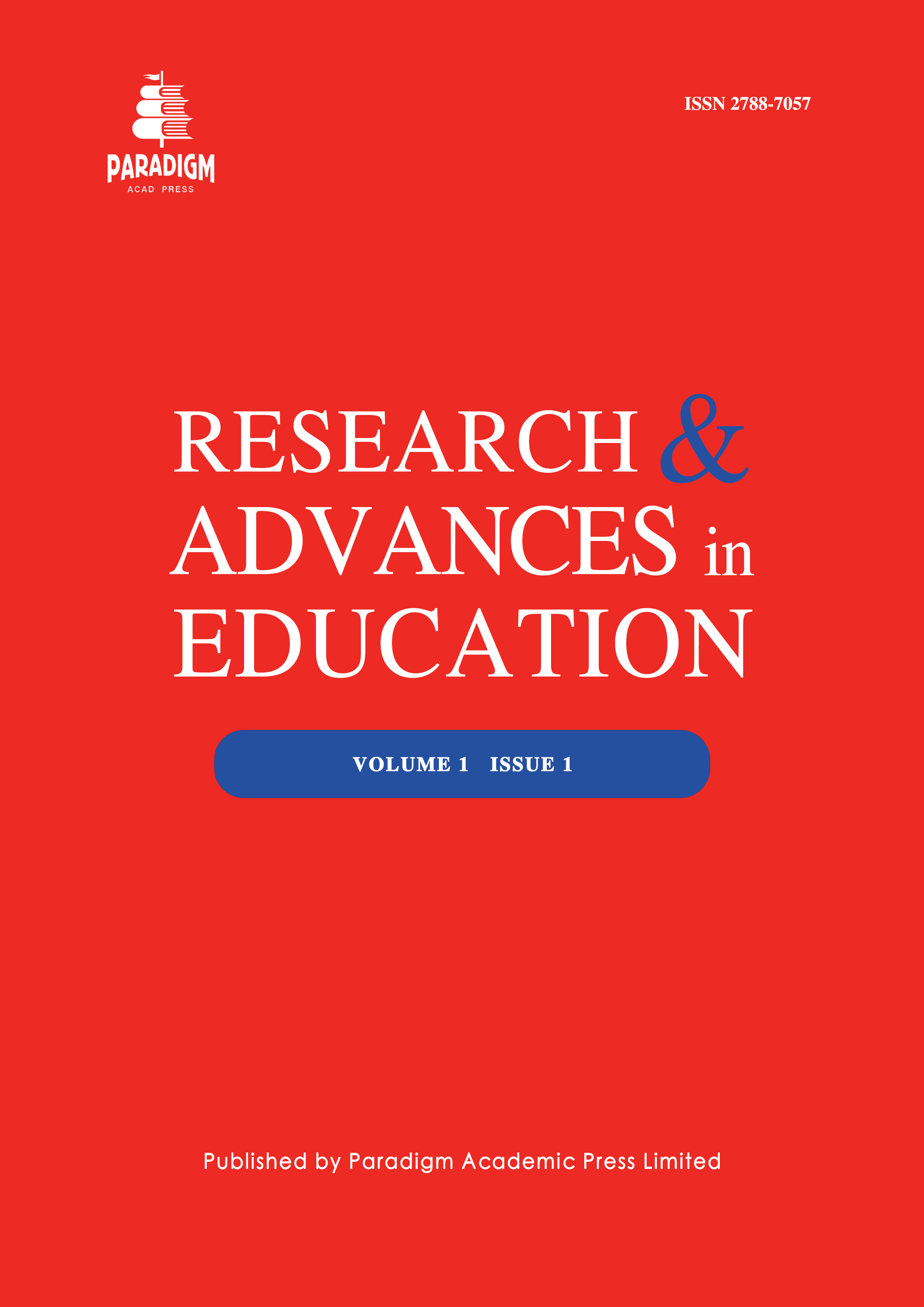Students’ Identification with Political and Ideological Theory Course at Chinese Universities: The Mediating Role of Emotional Experiences
Keywords:
IPTC, curriculum cognition, emotional experiences, curriculum identification, Chinese college studentsAbstract
This study aims to investigate the current status of college students’ identification with ideological and political theory courses (IPTC) in Chinese universities, as well as to explore the role of emotional experiences in the relationship between course cognition and course identification. Data were collected through the Curriculum Cognition Scale, the Positive-Negative Emotional Experiences Scale, and the Curriculum Identification Scale, and a total of 1,356 students from 10 different colleges and universities in China participated in the survey. Pearson correlation analysis, regression analysis and mediation effect analysis were used to analyze the data obtained. The results showed that the current Chinese university students’ identification with IPTC is at a moderately high level, both course cognition and emotional experiences have a significant positive effect on course identification, negative emotional experiences have a significant negative effect on course identification, and both positive and negative emotional experiences partially mediate between course cognition and course identification. The findings are discussed with the available relevant literature and suggestions were presented.


